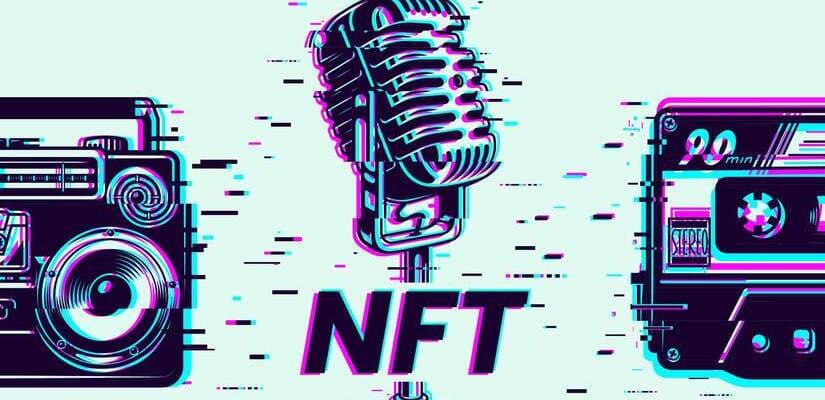TL;DR
- Blockchain technology is changing the rules of the game in the music industry, providing innovative solutions to the industry’s longstanding problems.
- It offers a secure and transparent way to manage copyright and intellectual property.
- It gives artists full control over their work and earnings.
Blockchain technology is starting to play an increasingly relevant role in the music industry, offering an interesting and potentially disruptive alternative to traditional distribution and monetization systems.
In a sector characterized by complex contracts, high intermediary costs, and a lack of transparency in royalty management, blockchain could emerge as a solution capable of addressing many of these issues.

Royalty Distribution
One of the biggest challenges facing the music industry is royalty distribution. Current processes are often opaque, inefficient, and prone to errors. Artists, especially independents, struggle to receive fair compensation for their work due to the many intermediaries involved in revenue distribution.
Record labels, distributors, streaming platforms, and other actors often retain a disproportionate share of royalties, leaving musicians with only a fraction of what they truly earn. Blockchain technology, which enables the creation of smart contracts and immutable public records, can ensure that every transaction and royalty payment is carried out accurately and transparently. The distribution process could be automated, eliminating intermediaries and helping independent artists receive proper compensation for their work.
Intellectual Property
Regarding intellectual property protection, blockchain also offers an interesting solution. In the digital age, piracy and unauthorized use of artistic works are persistent problems that severely impact creators of all types of content.
File-sharing and streaming platforms do not always respect artists’ rights, and intellectual property laws often fail to keep up with technological advances. Through blockchain, artists can securely register their music, establishing an immutable record as proof of authorship and creation date. This could help protect musicians’ rights and greatly benefit license management.

Fair Monetization
Another critical aspect to transform is how artists monetize their work. Under the traditional model, musicians rely on record labels and streaming platforms to distribute their music and generate income. However, these platforms rarely provide fair compensation.
Using blockchain technology, musicians can create and sell digital assets, such as tokenized songs or even concert tickets and exclusive merchandise, directly to their fans. This type of monetization not only provides an additional income stream but also gives artists greater control over their work. Additionally, decentralized crowdfunding platforms allow artists to fund projects directly with fan support, bypassing traditional financing methods.
Why Would This Benefit the Public?
An equally important factor is the public. Listeners can also benefit from the adoption of blockchain in the music industry. Decentralizing music distribution could provide greater variety and options for consumers, who would gain more direct access to music without being influenced by the commercial interests of major streaming platforms.
Listeners could also participate in funding musical projects through crowdfunding platforms, enabling more direct interaction with the artists they support. This type of engagement could foster stronger communities between artists and fans, creating a sense of belonging and participation that goes beyond passive music consumption.

Implementing Blockchain Technology
A concrete example of implementation is the Audius platform. Audius is a decentralized network that allows artists to distribute their music directly to their listeners without intermediaries such as record labels or streaming platforms.
Using blockchain technology, Audius provides a transparent system for royalty payments, ensuring artists receive fair and direct compensation for their work. Artists can upload their music to the platform and establish a payment system using Audius’ native tokens, removing intermediary fees and giving them greater control over their earnings.
Another notable case is the use of non-fungible tokens (NFTs) to sell music and exclusive merchandise. Artists like Kings of Leon have released albums as NFTs, allowing fans to purchase limited editions and gain exclusive access to additional content or private experiences.
Blockchain has the potential to redefine the music industry as we know it. While it is true that adopting this technology must overcome several obstacles, such as the need for education on its use and regulatory challenges, its impact on creating a more transparent, fair, and efficient system is undeniable